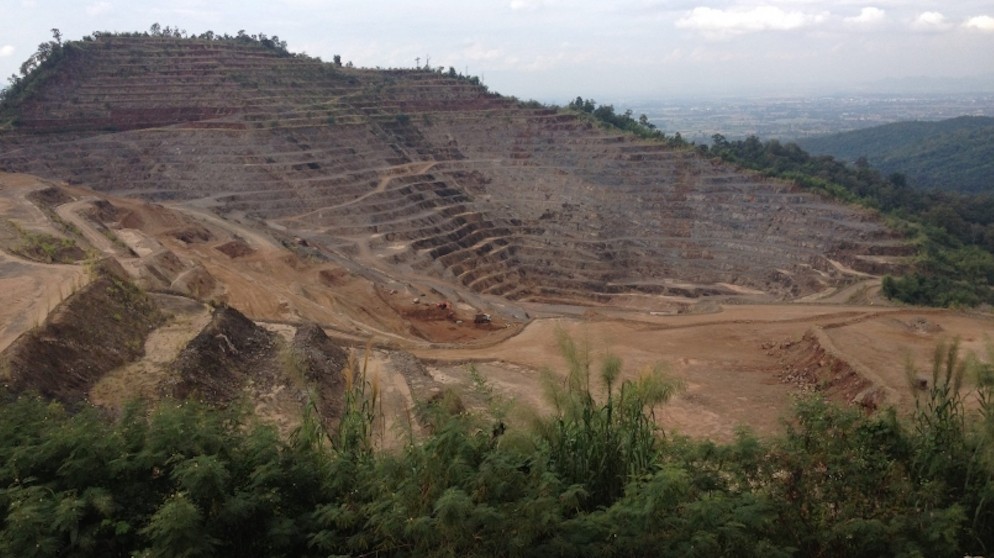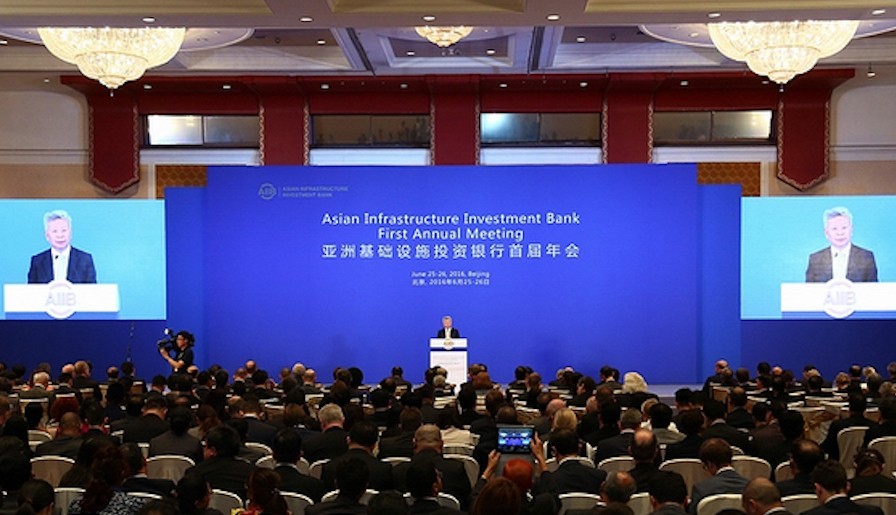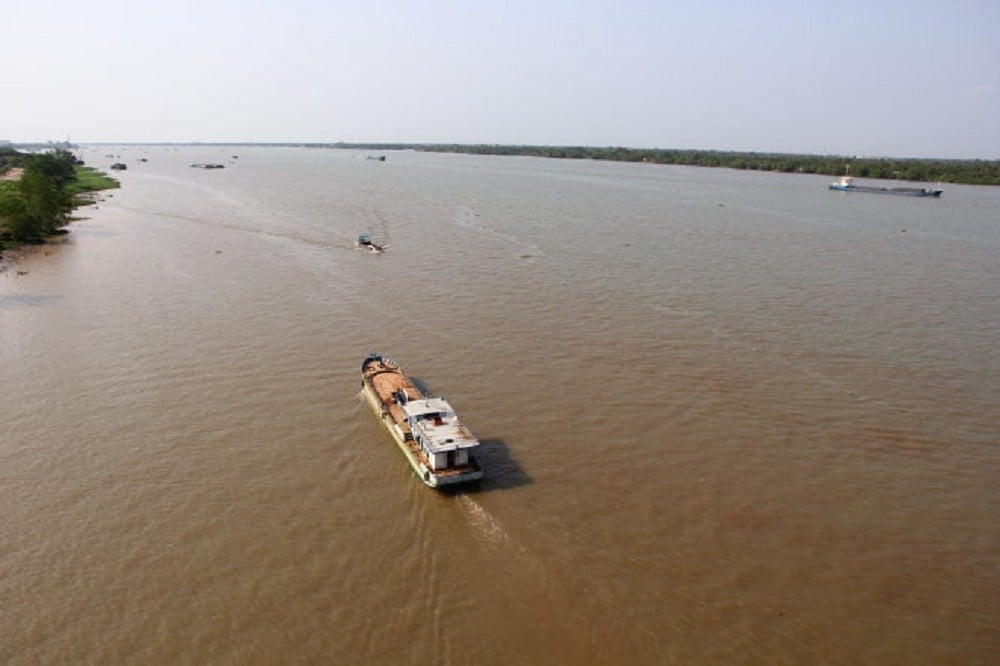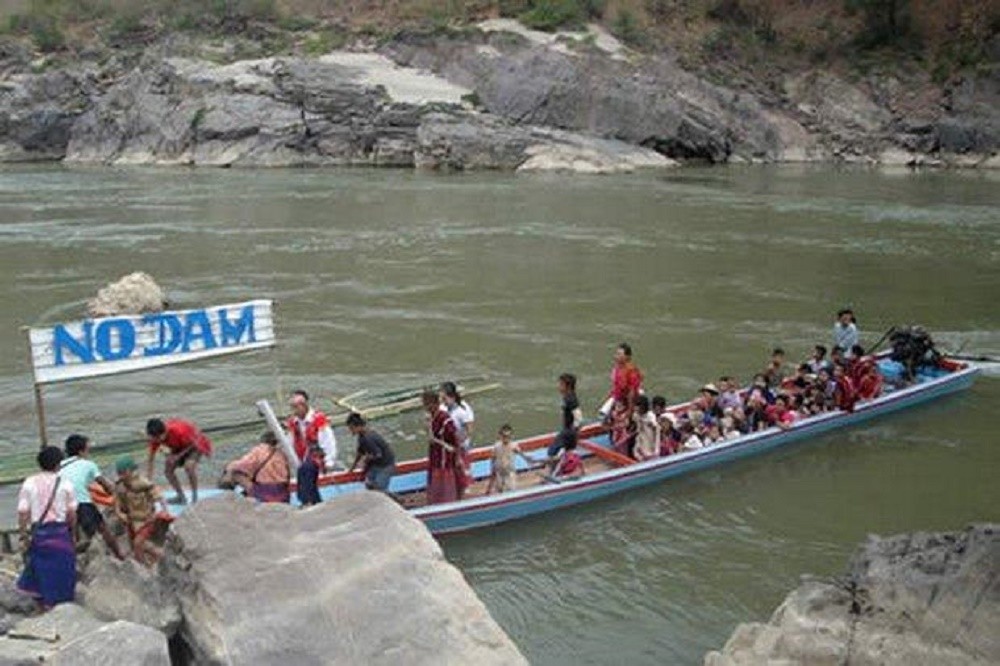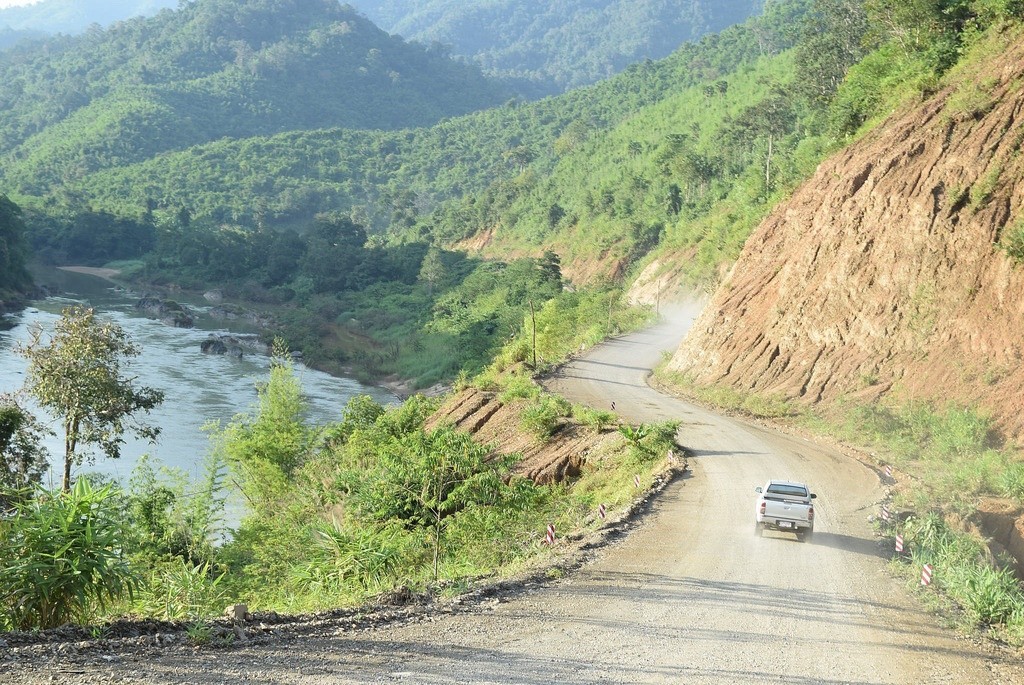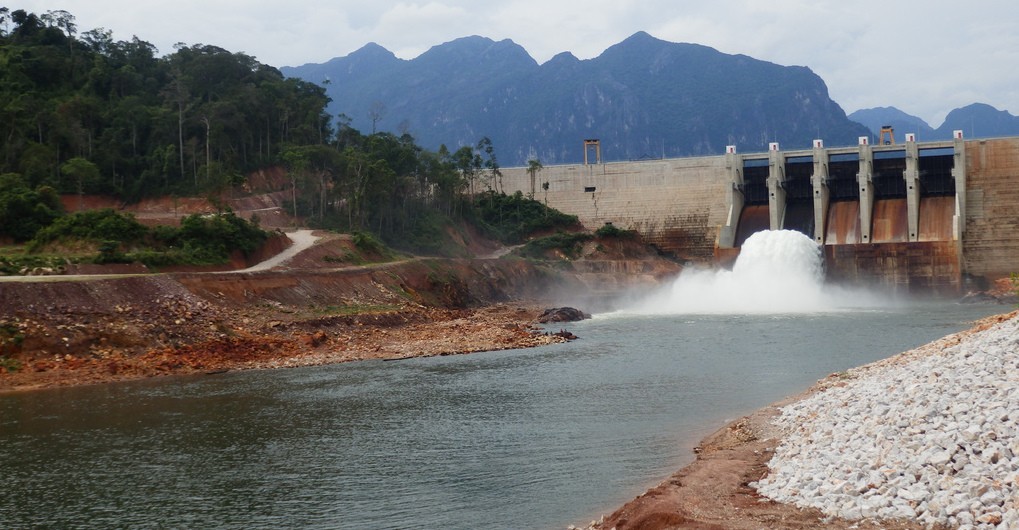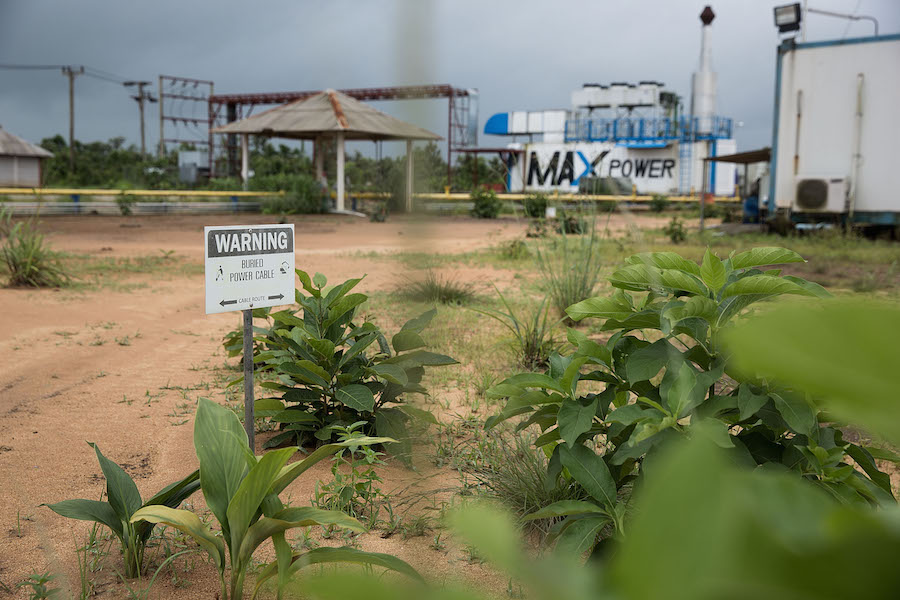The investors behind Myanmar’s first special economic zone will start accepting proposals for factories in second zone known as “Zone B” at the end of the rainy season, as both phases of “Zone A” near completion, with US$760 million in foreign investment committed to the project so far.
Myanmar Thilawa SEZ Holdings chair U Win Aung told The Myanmar Timesthat the first zone, covering 400 hectares, is almost finished. Seventy-three foreign investors from 16 countries have agreed to invest in the project, which is located in Thanlyin township, around 25 kilometres (16 miles) south of Yangon.


